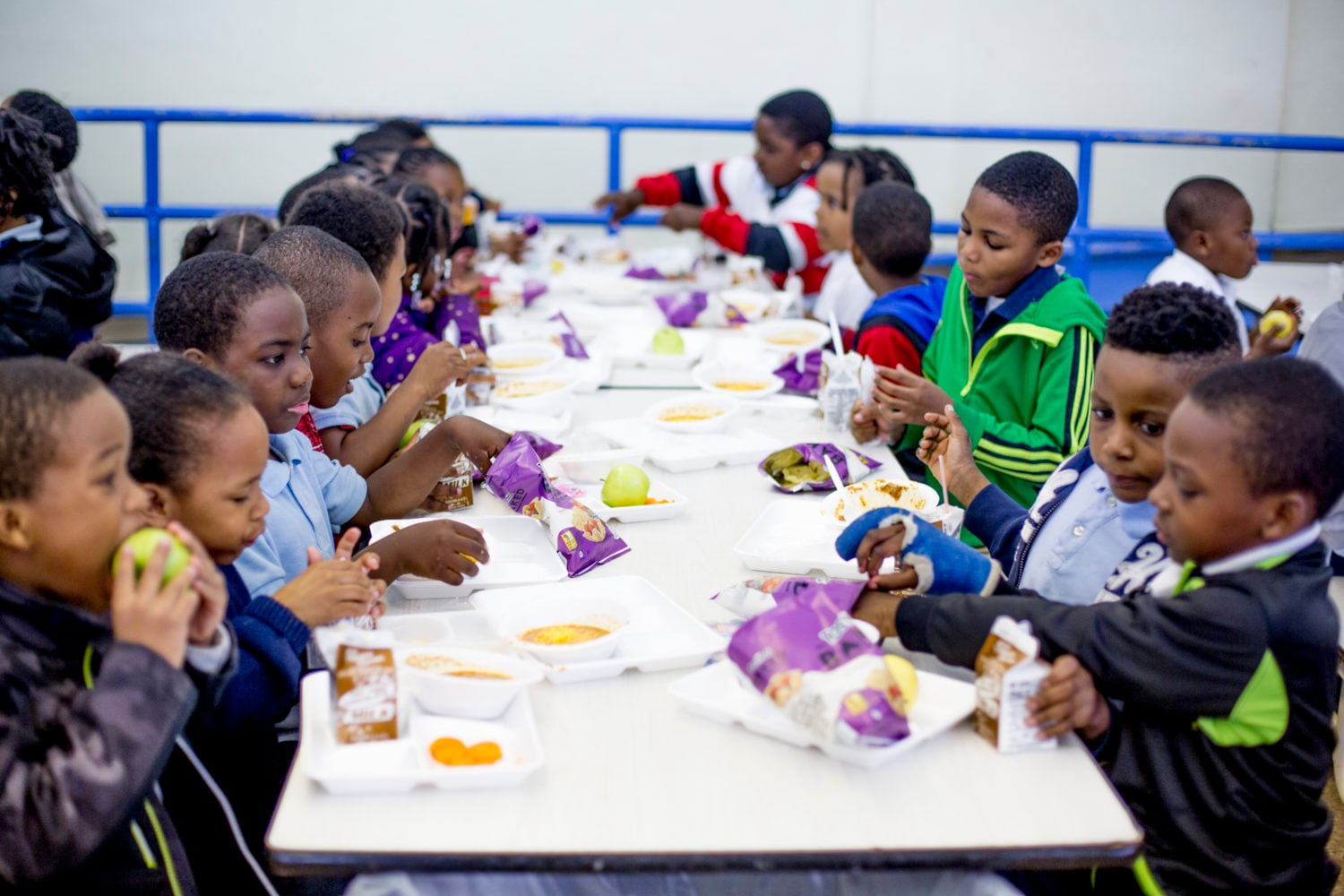Sign up for Chalkbeat Detroit’s free newsletter to keep up with the city’s public school system and Michigan education policy.
State Superintendent Michael Rice is urging Michigan school districts to continue offering free school meals at the start of the school year, despite uncertainty about whether the state will provide funding for the meals program.
School officials don’t yet know how much funding they’ll receive for school meals because the Michigan Legislature missed its July 1 deadline for passing a budget for the current fiscal year.
Part of the delay has been a divide among lawmakers about whether to continue paying for free school meals. The Democratic-controlled Senate passed an education budget in May that continues the funding for the meals program. The Republican-controlled House budget does not include the money.
In a memo sent last week, Rice urged lawmakers to pass a budget soon “so that schools and districts do not have to begin the new school year with uncertainty.”
Michigan began funding free meals for students, regardless of income, in the 2023-24 school year. The initiative also receives federal dollars through the Community Eligibility Provision run by the U.S. Department of Agriculture.
The Michigan funding runs out Sept. 30, Rice said.
“MDE strongly recommends that local districts offer free meals at the beginning of this school year to take advantage of the student health, attendance, and performance benefits of school meals,” Rice said in the memo.
Rice said the department cautions districts “from making too quick a decision” regarding participation in the meals program because the Agriculture Department has made it clear that if a district changes its participation, those changes “cannot be reversed within the same school year.”
Okemos Public Schools notified parents last week that it will no longer be providing free meals because of the budget stalemate, and students who wouldn’t otherwise qualify for a free or reduced-price meal because of their family’s low income will now be required to pay for their meals.
That decision in Okemos prompted Democrats and Republicans to blame each other for the budget stalemate.
Lori Higgins is the bureau chief for Chalkbeat Detroit. You can reach her at lhiggins@chalkbeat.org.






